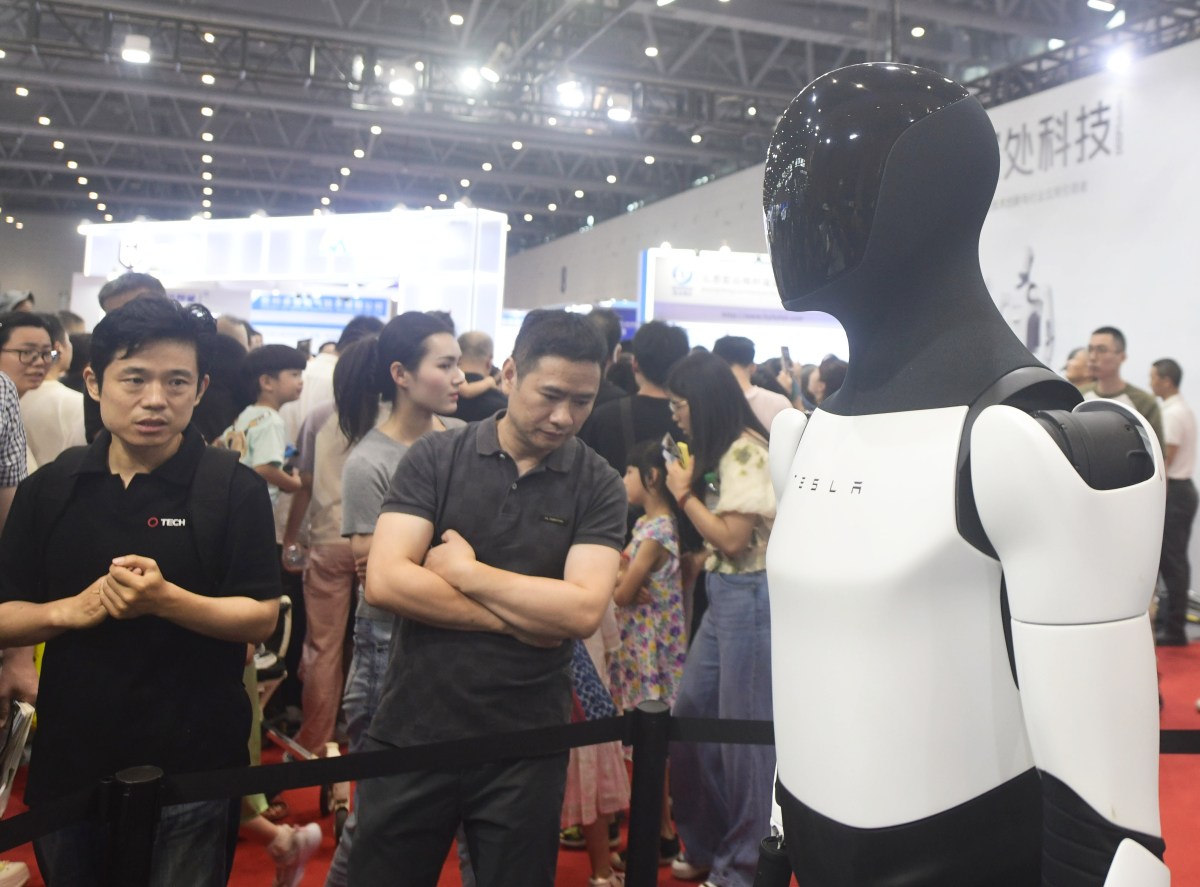
"Y'know we might maybe able to give people a more - if somebody's committed crime - a more humane form of containment of future crime, Which is if you say, like, you now get a free Optimus and it's just gonna follow you around and stop you from doing crime. But other than that you get to do anything. It's just gonna stop you from committing crime, that's really it. You don't have to put people in prisons and stuff, I think."
"There are so many questions it's hard to know where to even start. How will the lumbering Optimus robots possibly prevent crime in their current state? Who's paying for this? What are the ethical implications of using a for-profit robotics platform either as an alternative or an augmentation - as usual, Musk was light on details - to the jam-packed prison and criminal justice systems?"
A plan proposed using Optimus robots to accompany people released after conviction, intervening to stop criminal actions while permitting other freedoms. Major concerns include current robot capability limits, funding sources, and ethical issues from deploying a for‑profit robotics platform within criminal justice systems. Practical questions focus on how robots would reliably prevent offenses, who would pay, and how oversight and accountability would work. Corporate governance actions related to executive compensation were noted as enlarging resources and influence tied to further development. Operational details, implementation mechanisms, and legal safeguards remain unspecified.
Read at Futurism
Unable to calculate read time
Collection
[
|
...
]